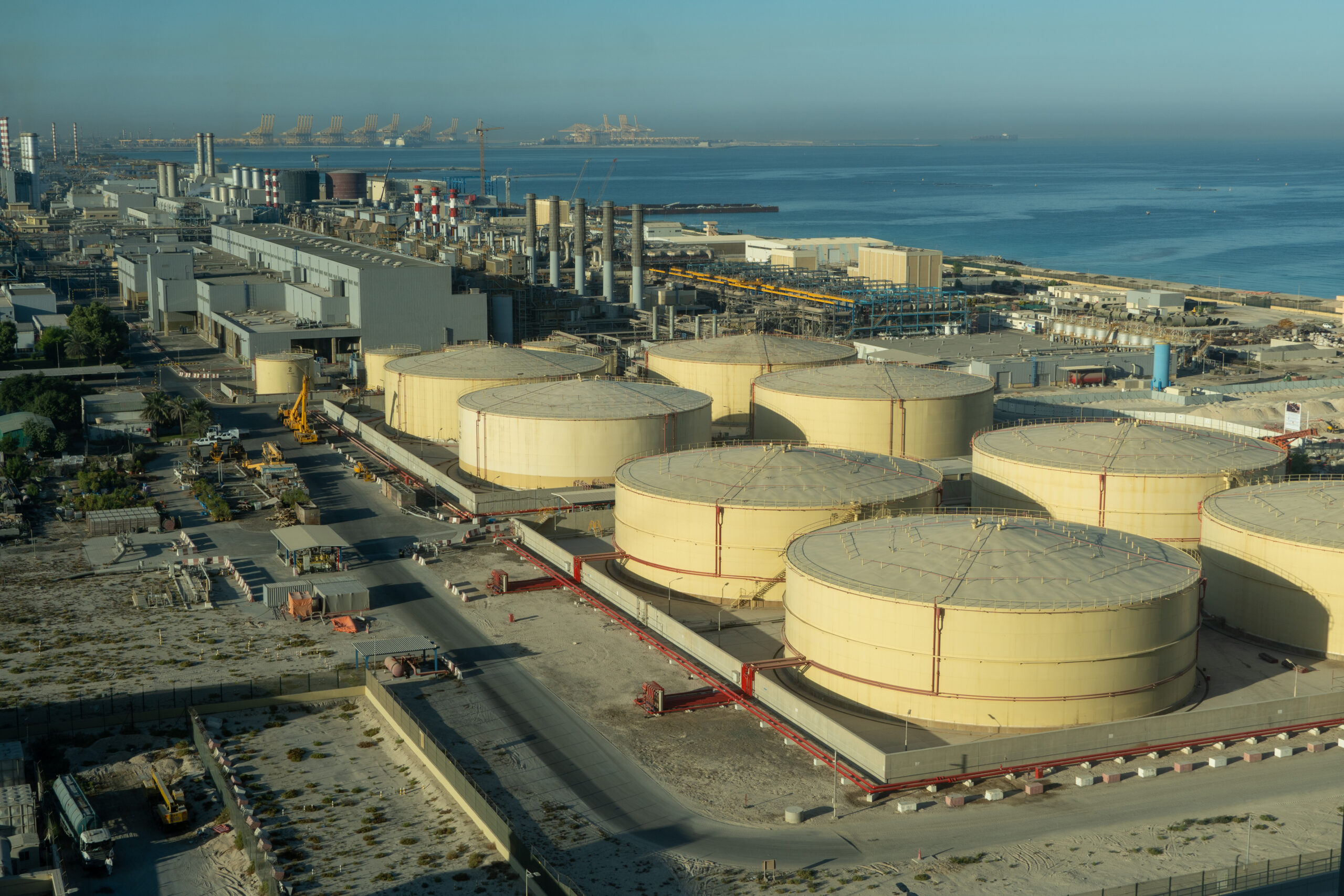UAE oil deal plans cast shadow over COP28
Documents leaked to the BBC showed that the UAE’s COP28 team had plans to discuss oil and gas deals with 15 countries.

The revelation that the United Arab Emirates planned to use its role as host of the imminent COP28 climate talks to strike oil and gas deals, has cast a dark shadow over the United Nations event, even before most delegates have touched down at Dubai airport for the start of the summit tomorrow.
Documents leaked to the BBC and the Centre for Climate Reporting showed that the UAE’s COP28 team had plans to discuss oil and gas deals with 15 countries, and was willing to “evaluate international LNG opportunities” in Mozambique, Canada and Australia.
The briefing documents also propose as talking points for discussions that the UAE’s state oil company Adnoc wants to work with 13 countries including Germany and Egypt to develop fossil fuel projects, and that Adnoc “stands ready” to support Colombia in developing its fossil fuel resources.
For some, the Nov. 27th revelation will come as no surprise. Although the UAE is a big investor in climate innovation and its state-owned clean-energy giant Masdar produces some of the world’s cheapest renewable energy, there has long been scepticism among environmentalists over the decision to allow a petrostate to host the U.N. climate talks for the first time in history.
Controversy has centred especially on the role of the president of the summit, Sultan Al Jaber, who is also CEO of Adnoc and chairman of Masdar, and about whom very little is known. Indeed COP28, which takes place from Nov. 30th to Dec. 12th, was set to be one of the most controversial climate summits in recent memory — even before the BBC revelation.
On the surface, the UAE’s diplomatic intentions had looked promising. Al Jaber has said that oil and gas firms have a “central” role to play in helping solve climate change, given their expertise and scale. In July, the UAE pledged to cut emissions by 40 percent by 2030, raising its target from 31 percent. Yet Adnoc also now plans to add production of more than seven billion barrels of oil in coming years. The UAE is not alone in boosting production while also claiming that it is working to reach net zero – the U.S. and Saudi Arabia are reportedly doing the same.
The UAE’s response to its gross ethical failure is also ominous. The U.N. told the BBC that hosts of the behemoth climate conference were expected to act without bias or self-interest. Yet no denial was forthcoming from the UAE’s COP28 team that they planned to use climate meetings for commercial talks. Instead the BBC was told: “private meetings are private.” This is far from the language of diplomacy and transparency that is surely the minimum requirement of a COP host.
It does not bode well for the annual climate talks, which — though bigger and bigger each year (with 70’000 attendees expected, COP28 will be the largest ever) — are losing the battle of time as global temperatures continue to smash records and the climate, health and social impacts of climate change – from destructive hurricanes to deathly heatwaves — are becoming terrifyingly obvious, far quicker than expected.
2023 is set to be the warmest year on record. And yet 2022 saw a record level of global greenhouse gas emissions, according to a recent U.N. Environment Programme report.
This year’s COP is again expected to be fraught with the issue of phasing out – or phasing down — fossil fuels, and whether the use of so-called “abatement” technologies that enable carbon capture and storage (CCS) should enable the continued use of fossil fuels. This phenomenally important yet divisive topic has taken centre stage at the climate talks in recent years, but ought to have been a priority decades ago.
It has taken the world collectively a long time to admit that fossil fuels cause climate change, and even now there is denial in some quarters. Fossil fuels were omitted from an official U.N. climate decision at COP26 in Glasgow, just two years ago. The official text was set to include a pledge to “phase out” coal power, until at the last minute India and China demanded this be changed to “phase down.” Previous to that, oil and gas-producing countries blocked any specific mention of fossil fuels in official texts, which require agreement from all nearly 200 countries that attend the talks.
Last week the EU pushed again for a total phase-out of fossil fuels as soon as possible, calling for a global deal at COP28 that would also halt all new investments in fossil fuel extraction. But earlier this year, at the G20 in July, major fossil fuel producers including Russia and Saudi Arabia disagreed with the EU’s push to phase out unabated fossil fuels (as in, those burnt without carbon capture).
Proponents say carbon capture will improve energy security, and that a rapid phase-out of fossil fuels is naïve, even dangerous. But for those who oppose the use of abatement technologies, CCS is unproven at scale, has been seen to fail time and time again, and gives Big Oil an excuse to continue burning dirty fossil fuels while also appearing to comply with net zero targets. Is it possible to both burn fossil fuels and save the planet? The contradictory policies of the Persian petrostate hosting the climate talks epitomise this notion.
One day the world will likely agree a phase-out of unabated fossil fuels is necessary, but hopes of that happening in Dubai are fading as the reality of fossil fuel interests colliding with climate progress threatens concrete action.
